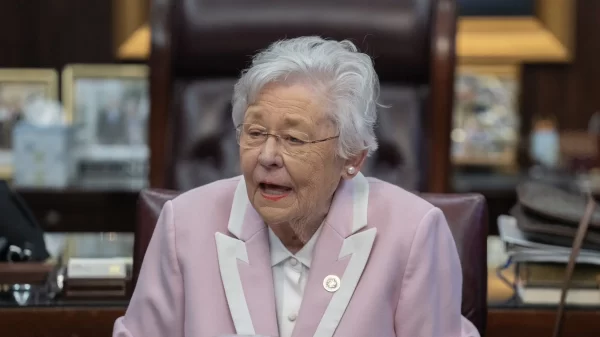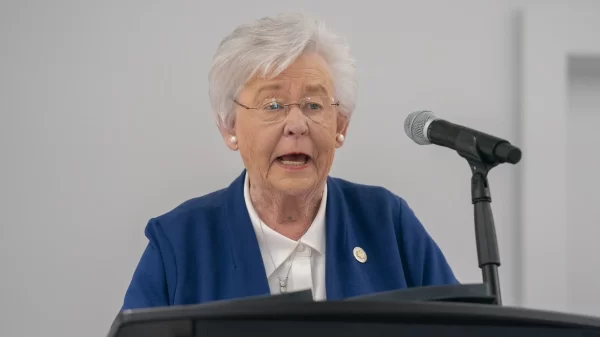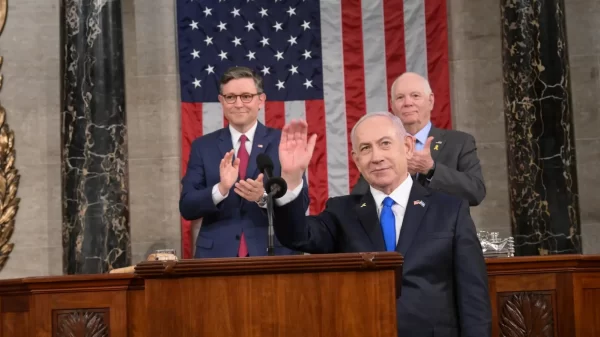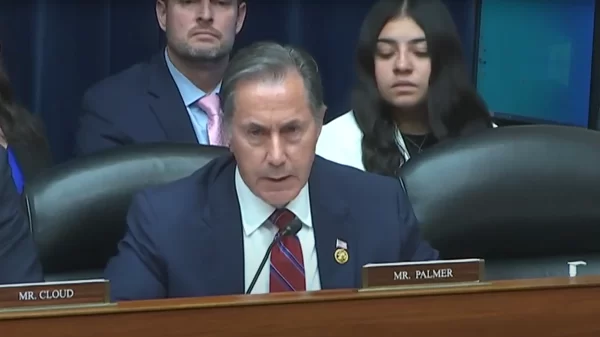|
Getting your Trinity Audio player ready...
|
Lawyers for the Alabama Medical Cannabis Commission and multiple plaintiffs involved in a lawsuit over licenses for what was set as a hearing on Monday to discuss a potential violation of the Open Meetings Act by the commission.
Instead, the parties agreed to extend a Temporary Restraining Order preventing the commission from moving forward with its licensure process until Sept. 6, while preserving appeal deadlines for applicants.
Mark Wilkerson, the attorney now taking the lead as AMCC counsel in the suit, told Montgomery Circuit Judge James Anderson that the commission intends to once again issue its own administrative stay at its Aug. 31 meeting and then “start back at square one.”
When licenses are awarded, Wilkerson said the intention is to complete the process in an open meeting, deviating from the commission’s last two attempts to handle much of the process in executive session. The commission’s last vote, which included secret ballots used to nominate applicants in executive session, triggered the complaint about a violation of the Open Meetings Act that brought about Monday’s hearing.
At the first hearing regarding the potential Open Meetings Act violation, AMCC attorney William Webster told Anderson that the commission would “air everyone’s dirty laundry” during an open meeting if it was forced to award licenses a third time.
After an agreement between lawyers fell apart over the weekend, both sides appeared pleased with the extension of the order for now.
Wilkerson said the commission intends to get ahead of potential concerns with applicants before restarting the licensure process, which he said he hopes will happen as soon as possible.
Anderson also once again denied to allow “downstream licenses” to come out from under the stay, as the open meeting violation wcould affect all applicants.
The court did not take up a new filing by Alabama Always plaintiffs last night that call the current process by the AMCC “unsalvageable.”
“Unfortunately, it has become evident that the regulatory and administrative structure that the Commission’s staff has created is unsalvageable,” the amended complaint says. “The system that the Commission has devised for awarding licenses violates the (Alabama Administrative Procedure Act) in three ways.”
According to the complaint, the award of licenses is a “contested case” proceeding under the APPA, and the commission’s procedures violate “contested case” provision.”
The complaint also argues the commission has failed to adopt rules and procedures for administration of its licensure program.
“This failure has led to a hopelessly ad hoc, seat-of-the-pants process that necessarily violates due process,” the complaint states. “Because of the Commission’s numerous and serial violations of the AAPA, it needs to cease its licensure activity and develop procedures that comply with the provisions of the AAPA.”
















































